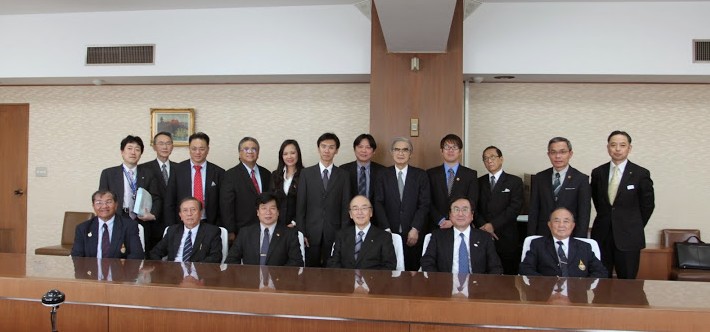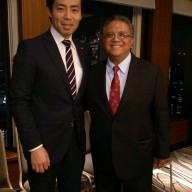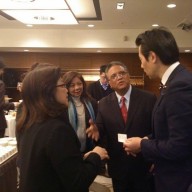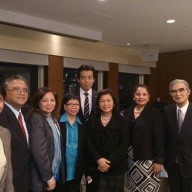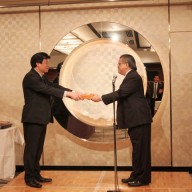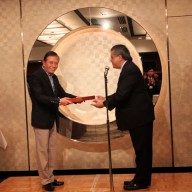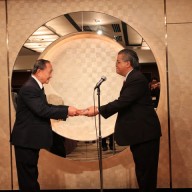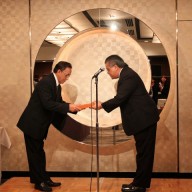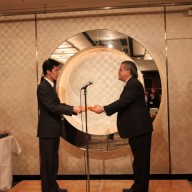ASCOJA was established in 1977, 32 years after the end of World War II mainly by a special group of wartime foreign students in Japan known as Nanpou Tokubetsu Ryugakusei 南方特別留学生 or “Nantoku (ナントク)”. Literally, the group was called ‘Special Foreign Students from the South’.
In 1977, ASEAN was then a 5-nation economic and political organization, holding only its 2nd Summit in Kuala Lumpur. It was also the first time Japan was invited to participate in the ASEAN Summit. That year, ASEAN signed an Agreement on Preferential Trading Arrangements. It was also that year when the Fukuda Doctrine of “Heart-to-Heart 心と心 relations“ was first asserted by Prime Minister Takeo Fukuda in Manila while on a tour of ASEAN states. ASCOJA heartily embraced the Fukuda Doctrine, finding the Doctrine’s commitment to peace, mutuality and equality closely aligned to its central motivation.
Fast forward to 2015:
ASCOJA will hold its 21st Conference in Manila, with its charter membership increased to the 10 countries that now comprise the ASEAN. The end of the Pacific War would mark its 70th anniversary. The number of Japan alumni from Southeast Asia would be in the hundreds of thousands. The ASEAN Economic Community (AEC) would be launched, which is envisioned to create an integrated region block that will be one of the largest, fastest growing areas in the world.
Where does ASCOJA fit, or find itself in all these – 38 years since its founding. The world has changed much at an increasingly fast pace. The future looks even more opaque. What is the role of students who have studied, are now studying and who will in the future be studying in Japan in the context of a new, integrated ASEAN? What opportunities should ASCOJA seize? What challenges would it face? How should ASCOJA continue to capitalize on the Fukuda Doctrine, its commitment to peace and strong relations based on mutual confidence, mutual respect and mutual trust still strikingly relevant today.
Concerned that ASCOJA may drift into oblivion, worse into insignificance if these realities are not properly addressed, the late ASCOJA Chairman Benjie Laurel (Governor for the Philippines) in perhaps his last act for ASCOJA, pushed for the crafting of a new Vision and Mission for ASCOJA. This was conveyed by Mr. Philip Sanvictores, Chairman Laurel’s personal emissary to the ASCOJA Governors Meeting held in Tokyo in March 2014. PHILFEJA has thus spearheaded a ASCOJA Vision-Mission Project and is being impelled by Mr. Sanvictores who has since assumed the Presidency of PHILFEJA, concurrently serving as ASCOJA Chairman for the unexpired term of the late Chairman Laurel.
The ASCOJA Vision-Mission Project is based on a framework crafted by PHILFEJA members from the University of the Philippines designed to elicit inputs from the 10-member ASCOJA Board when it meets in Manila in January 2015. Mr. Sanvictores said he hopes the ASCOJA Board of Governors can approve the new ASCOJA Vision and Mission statements during the Council Meeting to be held immediately prior to the 21st ASCOJA Conference.




